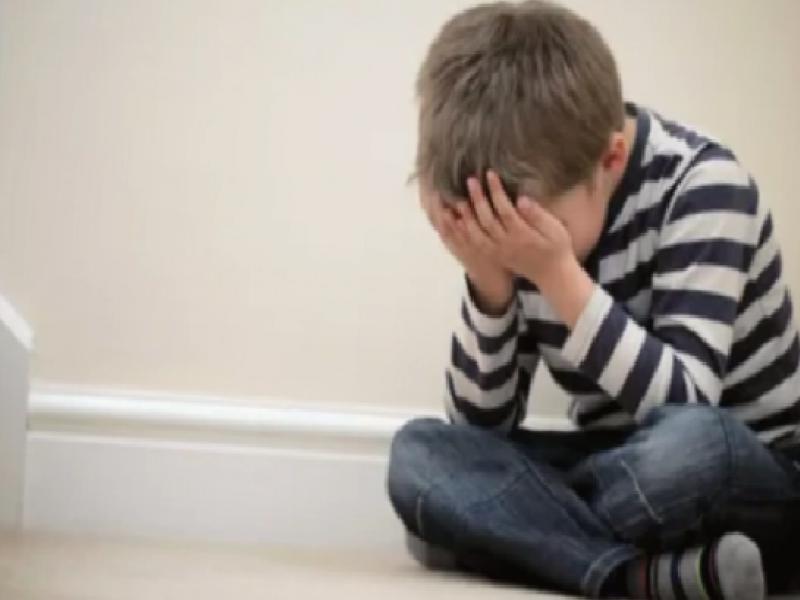Child Depression
Childhood depression is an important, recurrent disorder that is seen intensely in childhood, significantly reduces the child’s social processes and school success, but responds positively to treatment, can become widespread when not treated, or a serious condition such as suicide may be encountered.
What is Child Depression?
Childhood depression is a common disorder in children and teenagers. Childhood depression is seen in one out of every hundred children in the pre-school period, in two out of every hundred in school-age children, and in 8 out of every hundred children in adolescence. Childhood depression means that an average of 1-2 children per class are at risk for depression.
Causes of depression in children
Depression that starts in childhood is seen in childhood and adulthood. In childhood depression, it is considered true that the sooner the disorder begins, the more effective the hereditary effects can be. However, in childhood depression, the younger the illness begins, the more negatively the child’s development is affected. It is possible that the negative factors will also be seen more with the increase in the time period that the child will spend with the disease. For this reason, early diagnosis of childhood depression falls on parents and educators.
Depression symptoms in children
Physiological symptoms such as headache, stomachache, nausea and fatigue are seen in childhood depression, unlike adults.
The symptoms seen in childhood depression are mostly:
-difficulty concentrating and distraction
-Learning difficulties
-Feeling worthless
– low self-esteem
-don’t worry
– a constant feeling of crying
-extremely touchy behavior
– Loss of interest in the environment
-Monophobia
-thoughts of lack of love
-Reduction in course success
-Sleep problems
-Unhappy facial expression
– disturbances in eating
-impaired judgment and thinking
Dissatisfaction with past pleasures
-Future anxiety
-Decreased gameplay
– decrease in communication
-weakness
-No wonder
-Don’t get angry with yourself
-Don’t like yourself
-becoming aggressive
-don’t be afraid of the dark
How is Child Depression Diagnosed?
Interviews with a specialist. Learns the child’s life standards, perspectives on life and expectations. The extent to which these expectations coincide with the child’s life, the size of the effort made, and the effort spent for this are all evaluated. As a result of the observations made, the person can be diagnosed as a result of the evaluation of the specialist.
What are Child Depression Treatment Methods?
In the treatment of children and adolescents, the individual and the people around them are evaluated by considering them completely. Treatment is initiated in cooperation with family members, child, school educators, peers and treatment team. Depending on the child’s condition, play therapy, individual psychotherapy, family counseling, family therapy, and drug therapy are applied.
Which Doctor to Go to for Child Depression?
In line with the extreme depressive symptoms seen in children, it may adversely affect the child’s daily life and relationships with peers and parents. It is important to get support in situations that negatively affect the child’s life. For this, the person should apply to psychologists or psychiatrists.
FAQ
Can I solve my child’s problem?
Some parents do not take their child’s problem seriously and do not realize the seriousness of this process, or they believe that family members can cope with it. This belief is one of the false beliefs that affect and hinder the treatment process. In child and adolescent depression, the family is one of the most important parts of this treatment. One of the dangers of this situation is that depression may become more resistant “over time” instead of passing over time during the depression period. For these reasons, professional support is extremely important in the treatment of childhood and adolescence depression.
Does Childhood Depression Occur in All Ages?
When discussing childhood depression, it is necessary to look at the word meaning of depression before the child becomes depressed. Depression means mental depression. Mental depression can be seen in any age group. Therefore, depression or mental depression is seen in babies, school age, young and old people.

